TSAS’s partnerships set a longer-term institution-building process in motion that establishes a collaborative network of researchers and policy analysts with shared interests in understanding terrorism, assessing security responses to it, and situating both in the broader social context, with a focus on enhancing resilience. Given the nature of these issues, TSAS considers partnerships essential to its success. No one government department has full jurisdiction over terrorism, security and the aspects of social life that will be analyzed through this network. Similarly, no academic discipline can cover the range of topics that are at the core of our interests. TSAS, therefore, has an interdisciplinary ethos and brings together a range of different institutions.
The partnership structure of TSAS currently includes thirteen Canadian universities, nine departments in the Canadian federal government, and six non-governmental organizations. Together, the partners represent a very broad range of relevant academic expertise and relevant policy interests at the national level. As TSAS grows, we will enlarge the network by including more researchers and developing a wider array of partnerships. The nature of our partnerships and its promotion of cross-pollination between academic research and policy can be seen in the governance structure of TSAS.
This project is supported by the following organizations:
-
Social Sciences and Humanities Research Council
The Canadian Network for Research on Terrorism, Security and Society was founded through a Partnership Development Grant and is now supported in part by a Partnership Grant from SSHRC.
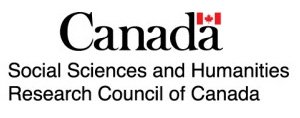
-
Public Safety Canada
Public Safety Canada supports the TSAS Network in part through the Kanishka Project Contribution Program.
Relevant Policy Document
-
Royal Canadian Mounted PoliceRelevant Policy Document
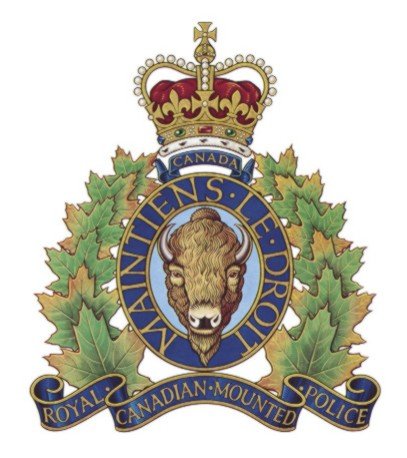
-
Defence Research and Development Canada

-
Relevant Policy Document

-
Security Intelligence Review Committee

-
Canadian Security Intelligence ServiceRelevant Policy Document

-
Global Affairs CanadaRelevant Policy Document

-
Correctional Service CanadaRelevant Policy Document

-
Office of the Communications Security Establishment Commissioner

-
University of Waterloo
Lorne Dawson, Professor, University of Waterloo, Department of Sociology & Legal Studies
TSAS Co-Director
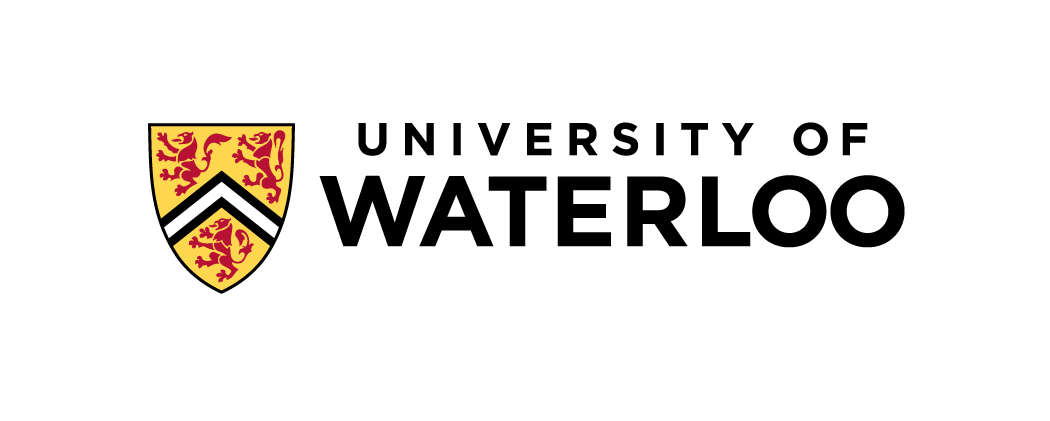
-
Sandra Bucerius, Assistant Professor, Department of Sociology
Member, TSAS Executive Committee

-
Université Laval
Aurélie Campana, Professor, Université Laval, Le Département de science politique.
TSAS Associate Director, Terrorism
-
Simon Fraser University
Martin Bouchard, Associate Professor, SFU, School of Criminology
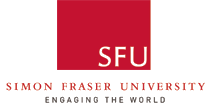
-
Université de Montreal
Samuel Tanner, Associate Professor, Université de Montréal, Centre international de criminologie comparée (CICC)
Member, TSAS Executive Committee
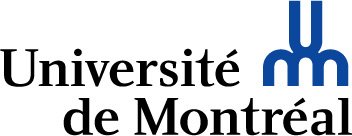
-
Craig Forcese, Associate Professor, Faculty of Law (Common Law Section)
Member, TSAS Executive Committee

-
Carleton University
Jeremy Littlewood, Professor, Carleton University, The Norman Paterson School of International Affairs (NPSIA)
TSAS Associate Director, Security

-
Ryerson University
Sara Thompson, Professor, Ryerson University, Department of Criminal Justice and Criminology
TSAS Associate Director, Society

-
Liu Institute for Global Issues

-
Concordia University
Antoine Bilodeau, Associate Professor, Political Science

-
Christian Leuprecht, Professor, Department Political Sciences
-
Munk School of Global Affairs
Ron Levi, Associate Professor, Munk School of Global Affairs
Member, TSAS Executive Committee

-
Laura Huey, Associate Professor, Department of Sociology

-
Institute for Strategic Dialogue
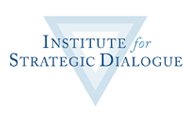
-
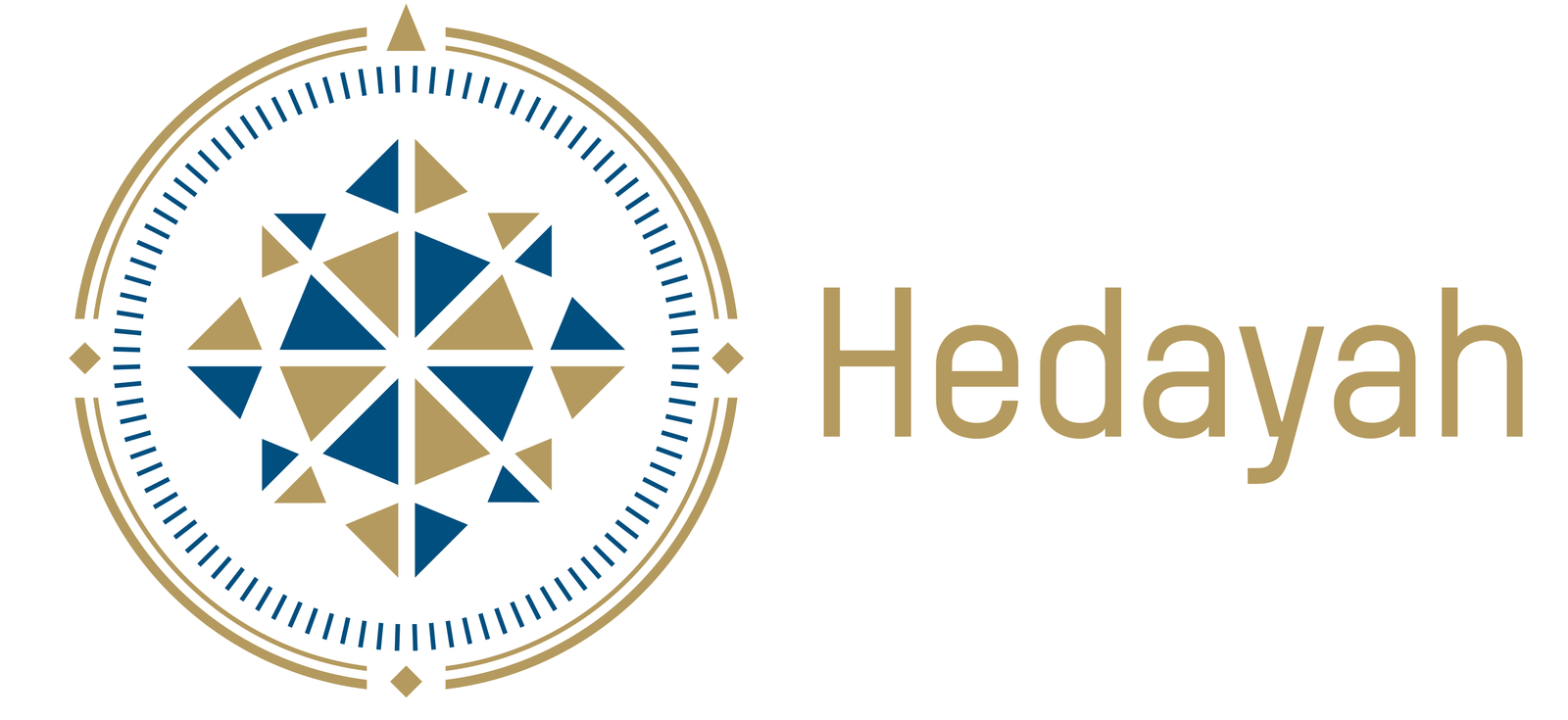
-
START
National Consortium for the Study of Terrorism and Responses to Terrorism.

-
International Centre for Counter Terrorism

-
The Royal United Services Institute (RUSI)

-
Mosaic Institute
